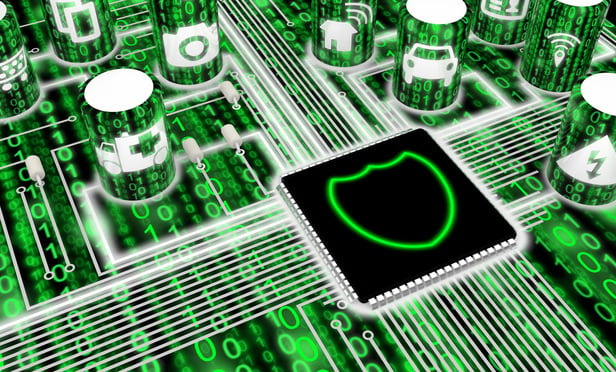Today’s news reports are filled with seemingly unending storylines involving hacking victims, data leaks, ransomware attacks and similar events impacting everything from individual consumers to international companies and from governmental agencies to national political campaigns. According to IBM, in the month of September 2016 alone, a full 62 percent of spam contained malicious software designed to block access to files, or an entire computer, until a ransom was paid.
Those reports have focused mainly on how hackers are continuing to target U.S. government and private sector computer networks in ever more sophisticated cyber-attacks that especially target financial and trading information, intellectual property, email and anything else of perceived value. But not much has been said about how those events can impact e-discovery processes, procedures and responsibilities. As it turns out, e-discovery stakeholders also have much to lose.
This content has been archived. It is available through our partners, LexisNexis® and Bloomberg Law.
To view this content, please continue to their sites.
Not a Lexis Subscriber?
Subscribe Now
Not a Bloomberg Law Subscriber?
Subscribe Now
LexisNexis® and Bloomberg Law are third party online distributors of the broad collection of current and archived versions of ALM's legal news publications. LexisNexis® and Bloomberg Law customers are able to access and use ALM's content, including content from the National Law Journal, The American Lawyer, Legaltech News, The New York Law Journal, and Corporate Counsel, as well as other sources of legal information.
For questions call 1-877-256-2472 or contact us at [email protected]



